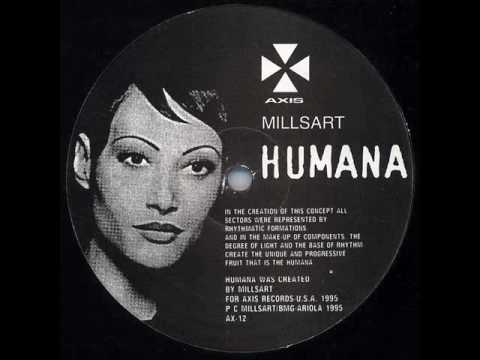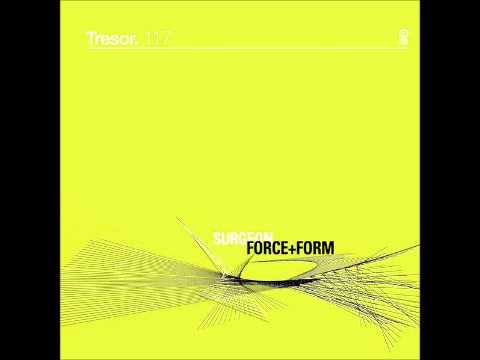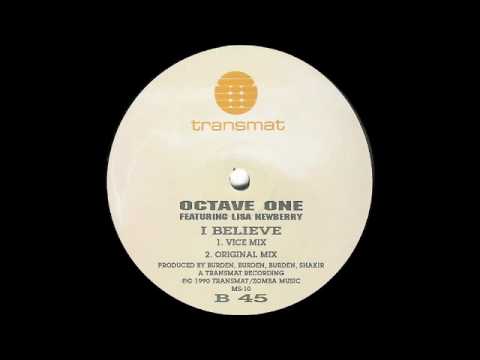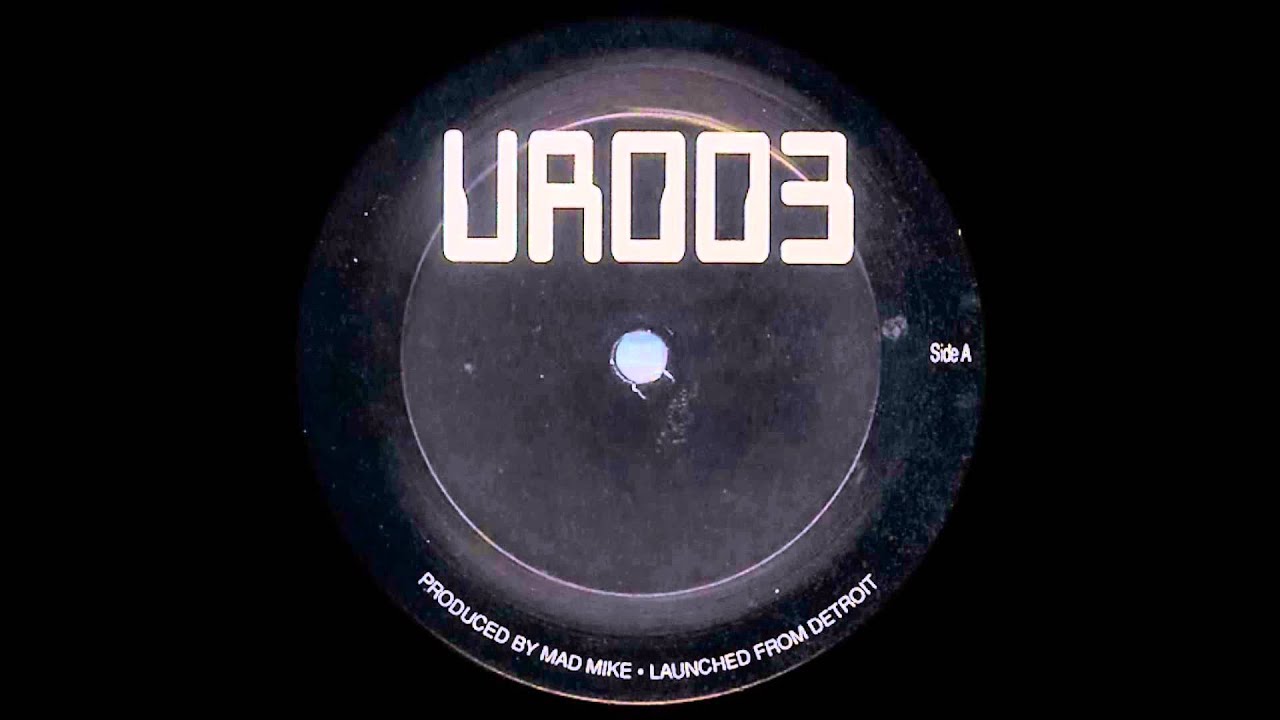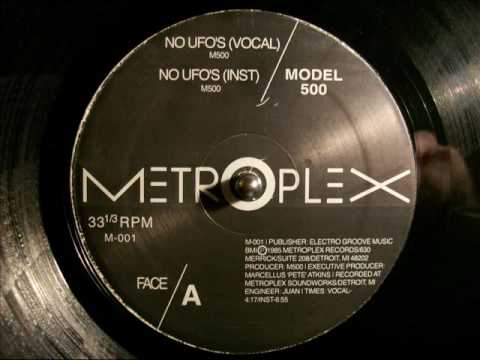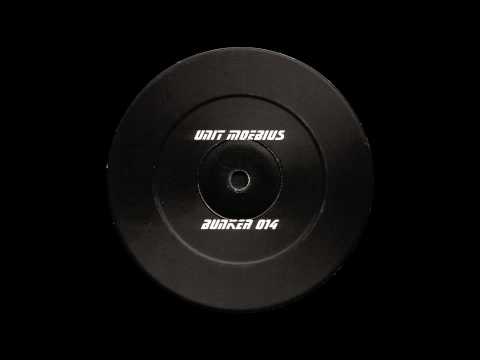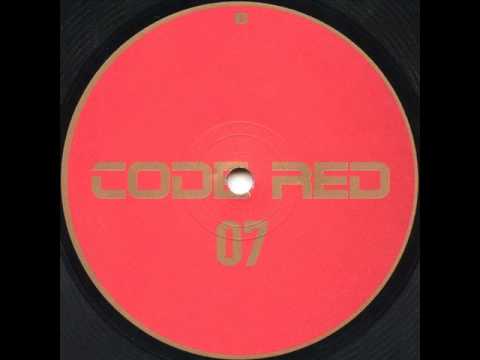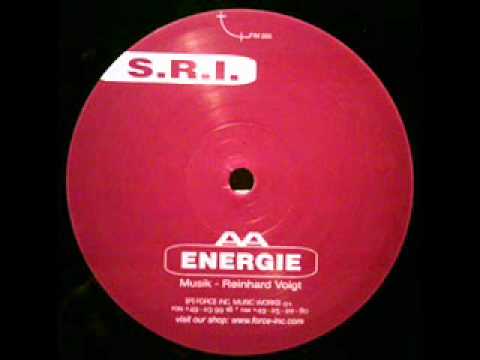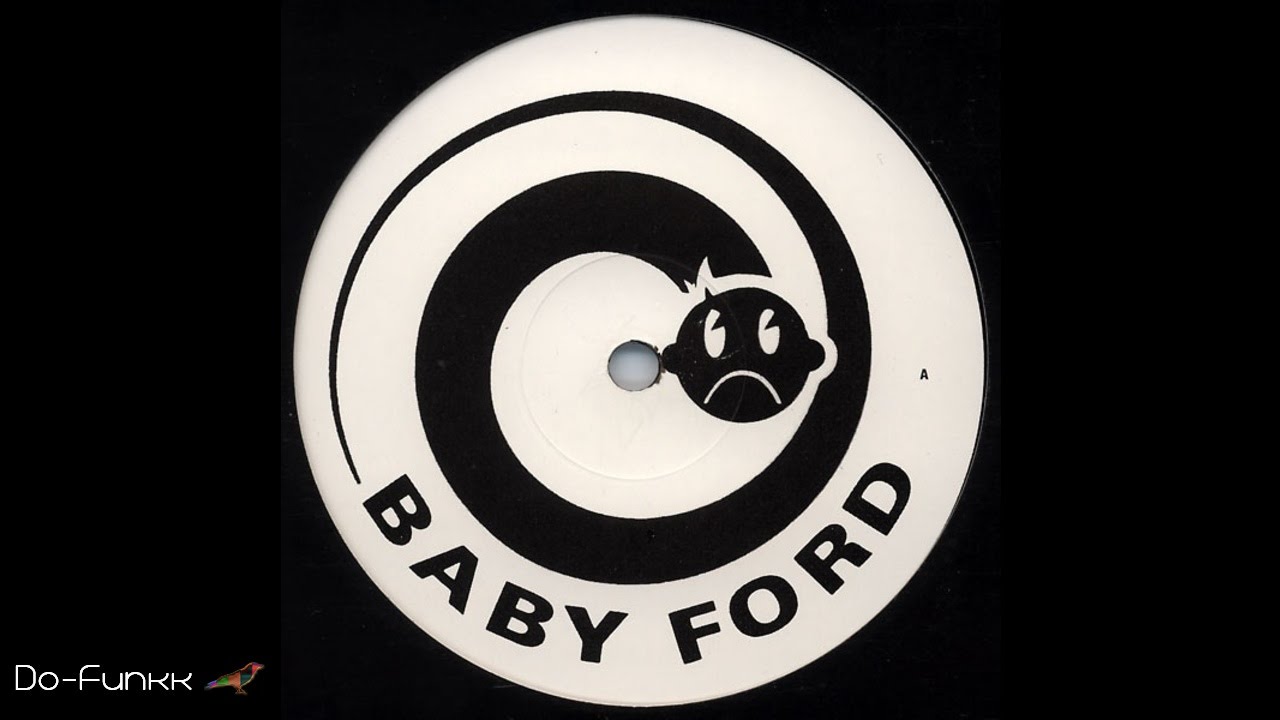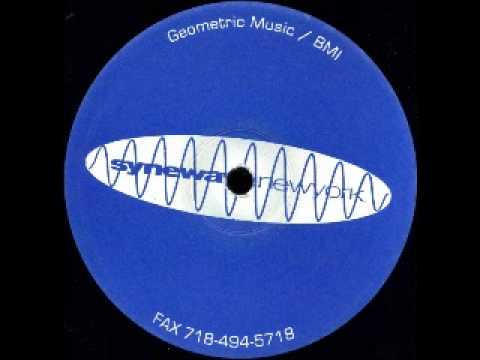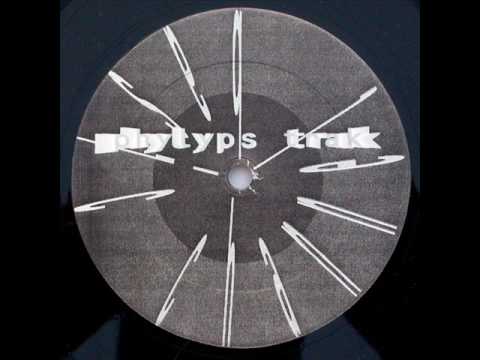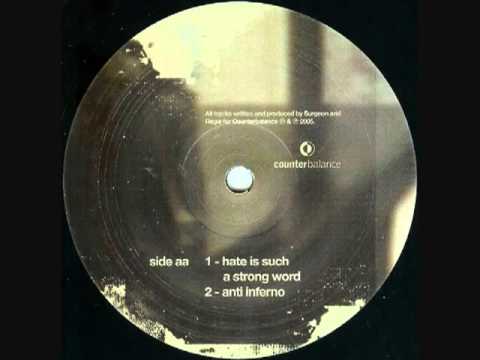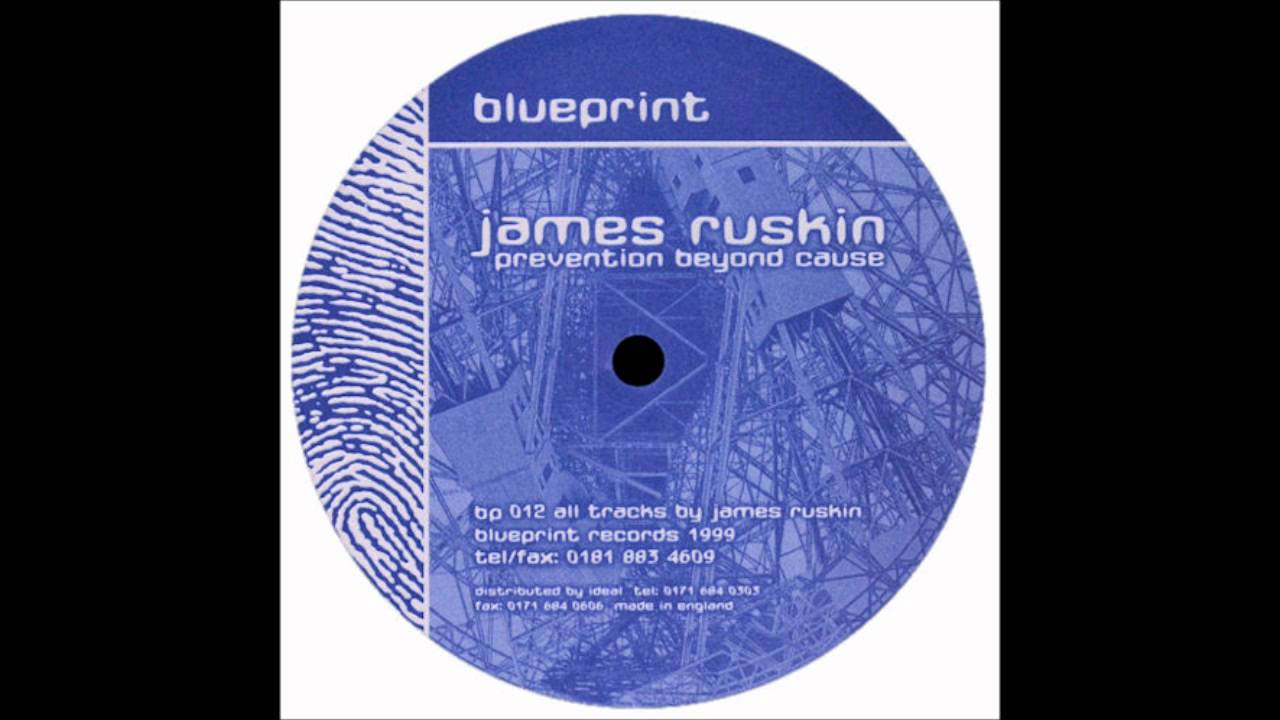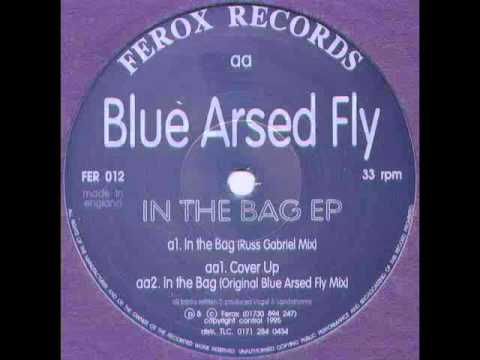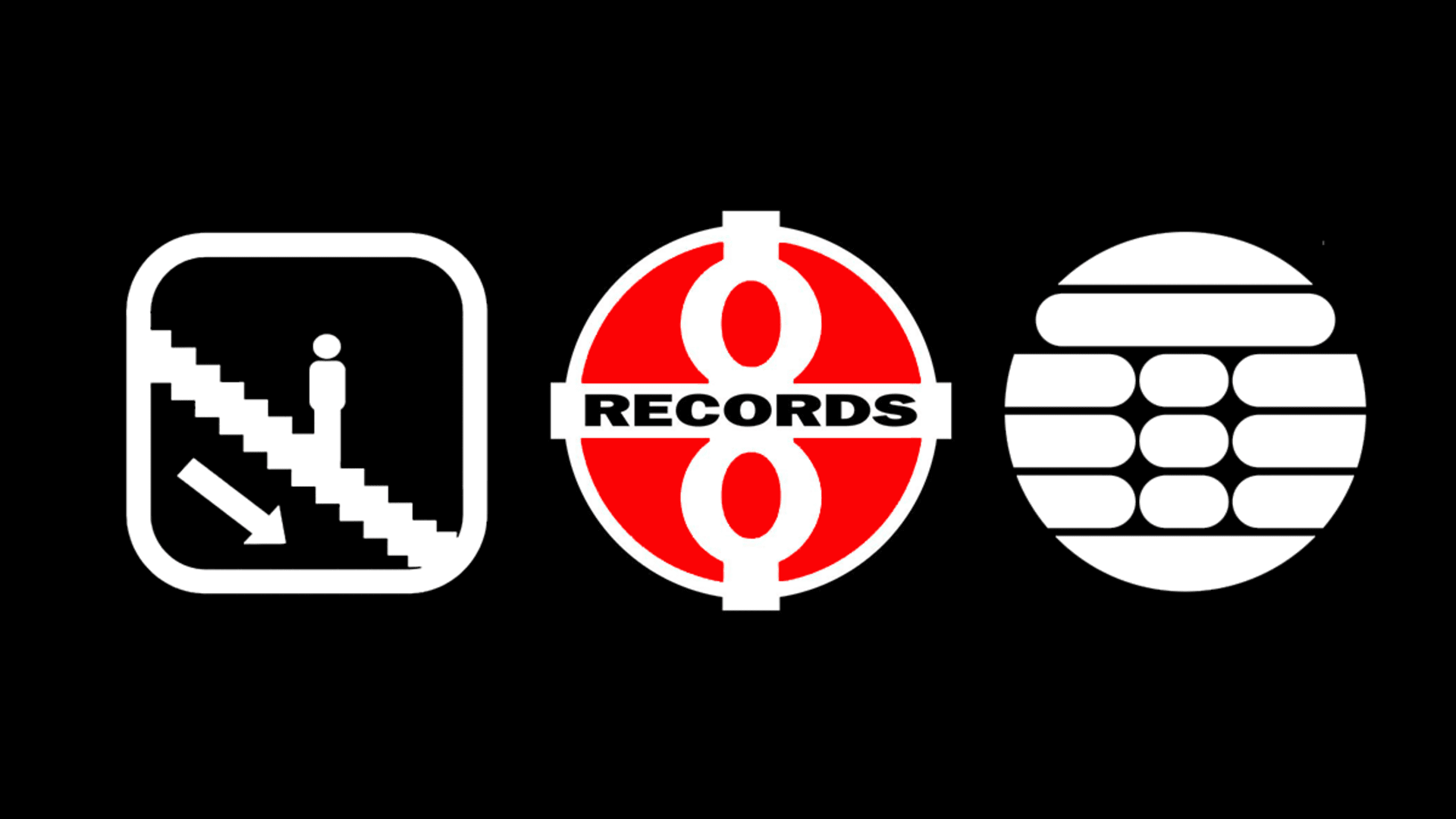
20 Essential Techno Labels That Every Fan Should Know
From Downwards To Rephlex, this is your guide to some of the most influential techno labels of the past 30 years.
NovaMute
As its name implies, NovaMute is a subsidiary of Daniel Miller‘s monolithic UK independent label, Mute. It was founded in the early ’90s as a way to bring techno-laden sounds from abroad to the UK market. Many of its early releases were localized pressings of now-classic material from Tresor and Plus 8. Browse through its catalog and you’ll find a whole library of classic 12-inches like 3 Phase and Dr. Motte’s “Der Klang Der Familie”. Later, the imprint expanded its coverage and created a vast and respected discography that encompasses canonical techno albums like Richie Hawtin‘s DE9 | Closer To The (R)Edit, Speedy J‘s Loudboxer and Luke Slater’s Freek Funk.
Axis
You can’t talk about techno without talking about Axis. Started by Jeff Mills, the imprint has long been the Chicago-based (but Detroit-bred) pioneer’s main outlet. On these releases (and those of similarly minded producers like Robert Hood and Claude Young), Mills pushed techno forward into its second wave by exploring his own space-faring take on the sound. Essential releases like The Purpose Maker, Gamma Player and Kat Moda provided a glimpse of dance music’s future that’s still relevant to this day. Likewise, Mills himself has continued to innovate at a remarkable pace, and in the past few years he’s used the stamp to further fuse techno with its science fiction roots.
Tresor
Since its inception in 1991, Dimitri Hegemann’s Tresor Records has garnered a reputation as one of the most prolific and highly venerated techno labels. The imprint, which takes its name from the Berlin club of the same name, has released more than 400 albums, singles and EPs in its 25 years of existence. Its guiding philosophy emphasizes long-term collaborations between producers instead of quick, indiscriminate releases, an ethos that is apparent in its commitment to frequent returning artists such as Surgeon, Joey Beltram, Cristian Vogel, James Ruskin and Detroit mainstays Robert Hood and Jeff Mills.
Plus-8
Plus-8 claimed its spot in the techno cannon with a string of seminal releases by Richie Hawtin as F.U.S.E. and Plastikman as well as works by other significant techno-technicians like Speedy J and Kenny Larkin. Some of the most influential records in its catalog, like Plastikman’s Spastik and Sheet One, were co-released with NovaMute, and its output overall laid a blueprint for straightforward strains of acidic, hypnotic and/or minimal techno. But if you dig a bit, you’ll definitely find some downright quirky offerings as well.
Transmat
Derrick May’s Transmat Records has served up classic Detroit techno since 1986. May, who has collaborated closely with techno pioneers Juan Atkins, Jeff Mills and Kevin Saunderson, adopted a penchant for sci-fi imagery and forward-thinking design that he channeled into his label’s early releases—“Transmat” itself is a nod to the teleportation device of the same name used in the 1980s sci-fi series Doctor Who. In the last couple of years, the label embarked on a new chapter in its musical direction, focusing increasingly on releasing more international, under-the-radar contemporary electronic music artists like Hiroshi Watanabe, Deep’a & Biri and Francesco Tristano.
Underground Resistance
Underground Resistance was born in Detroit, Michigan. The collective, which is now over 25 years old, was started by Jeff Mills and “Mad” Mike Banks as a reaction to the city’s uncertain sociopolitical landscape following the Raegan-era economic recession. The group’s music brought forth elements of science fiction, modernism and futuristic black funk as a way of promoting awareness and facilitating social change among African Americans. Their strong output of experimental electronic dance music has ranged from minimal and hard techno to acid, electro, house and jazz. Mad Mike’s “The Final Frontier” is particularly emblematic of the UR aesthetic, employing the insidious percussion and avant-garde acidic riffs that have come to dominate its unmistakable techno sound.
Metroplex
It’s hard to imagine how alien Model 500’s “No UFO’s” must have sounded when it dropped in 1985. Though Juan Atkins had previously released futuristic electro as a part of Cybotron, it was this initial release on his own newly minted Metroplex imprint that officially ushered in the first wave of techno. The stamp’s output throughout the mid-to-late ’80s, like Night Drive and The Chase, form a significant part of the genre’s very own Old Testament. But while Metroplex is often associated with the early years of the sound, it’s been active through the present day. What ties Metroplex’s many now-essential releases and artists together is Atkins’ original conception of the genre as an Afrofuturistic vision of Black urban soul channeled through the analog oscillations and digital pathways of machines.
Bunker
Thanks in large part to the crew behind Bunker Records, The Hague became the epicenter of a movement to make techno grittier, noisier, more hardcore and more acidic in the 1990s. Founded by the enigmatic cult legend Guy Tavares—a member of outfits like Unit Moebius and Sulphur Surfer—the label is mostly known for putting out works from definitive acid, electro and industrial techno producers including Interr-ference, Rude 66 and Tavares’ own projects. It has remained relevant over the years by reissuing some of the earlier classics on Bunker and its sub-label, Acid Planet, as well as using its newer Panzerkreuz imprint to launch newer artists like Helena Hauff and Elect Pt. 1 (a moniker of the late Andreas Gehm).
Drumcode
The Swedish imprint Drumcode has become synonymous with Adam Beyer’s particular brand of highly functional, unrelenting techno. Label residents like Alan Fitzpatrick, Joseph Capriati and Pär Grindvik are particularly representative of the label’s aesthetic, serving percussive, no-nonsense cuts that evoke dark tunnels and thick atmospheric landscapes. Beyer has also hosted his own radio show, Drumcode Radio Live, since 2011. The weekly podcast is a platform for Swedish techno producers as well as Beyer’s favorite artists from the international stage.
Force Inc.
Force Inc. is one of those labels that every collector comes across sooner or later. Its catalog is so massive that there are probably a few in virtually every record shop with a techno section, as its hundreds of releases have covered every dance floor genre from hard techno, trance, acid, breakbeats, hardcore and illbient to more lush minimal house sounds, disco-house and clicks & cuts. What unites these disparate styles is founder Adam Szepanski’s Deleuzian anticapitalist political ideology, which can be seen in the name of his Force sub-label Mille Plateaux. Although production halted after its distributor went under, Force Inc. remained active with sporadic releases, the most recent of which came out in 2011.
Rephlex
“Braindance” is back in the spotlight thanks to Nina Kraviz‘s use of the term to describe fabric 91, her entry in the London club’s mix series. And while that might seem like a neologism, the truth is that it was originally coined to describe the dimensionally unstable sounds released by Richard D. James (a.k.a. Aphex Twin) and Grant Wilson-Claridge’s Rephlex label. With an official run that lasted from 1991 to 2015, its sound followed very much in the unpredictably playful yet disturbing vapor trail forged by the releases of its co-founder, whose work under various aliases makes up the bulk of the material. But even though Aphex obsessives have already picked the label over, its discography deserves a deeper look, as there’s plenty of weird, mind-melting cuts by the likes of the electro purveyors DMX Krew and early abstract-techno pioneers Synectics.
Peacefrog
Those who know of Peacefrog from the records it has released over the past decade or so will probably object to its classification as a techno label. Since 2006 it has taken a distinctly pop-oriented turn with records from the likes of Little Dragon—but in the early ’90s it was a stable for techno titans like Luke Slater and his Planetary Assault Systems moniker, Daniel Bell’s DBX alias and Todd Sine’s dry, minimal techno project .xtrak. Over the years it has expanded its purview to include proper house from Moodymann and Glenn Underground and various other musical styles—including, yes, alt-pop.
Djax-Up-Beats
The family of Djax labels—and particularly Djax-Up-Beats—fits in with other prolific, expansive and utterly classic labels with a roster that reads like a who’s-who of pioneering house and techno artists. Djax put out records from a host of early Chicago and Detroit producers like Claude Young, Ron Trent, Paul Johnson, K-Alexi and Steve Poindexter, among others. But it also repped musicians who hailed from cities closer to its home in the Netherlands, such as the Acid Junkies and Like A Tim. While its penchant for early house sounds may lead you to believe that Djax did more for soulful dance floor styles than hard-hitting beats, we’d ask you to look no farther than the acidic output from the label owner herself: Miss Djax. Read our label guide here.
Synewave
The first transmission from Damon Wild’s epic New York label Synewave in 1993 launched a catalog of compelling and diverse techno classics. Although it has touched on dubby, hypnotic and even house-y vibes over the course of over 100 releases, its style throughout the ’90s at least was anchored in propulsive drums, dry instrumentation and many a bleep and bloop. Although its output has slowed down over the years, it hasn’t officially ceased production; its last record, David Meiser’s Zero Decibels, came out in 2015. Fans of Function, Andrea Bulluzzi and Jeff Mills will find a lot to mine here.
Basic Channel
Since its birth in 1993, the Berlin-based Basic Channel imprint has been shrouded in mystery. Its production team—Moritz Von Oswald and Mark Ernestus—released a number of high-caliber, definitive dub techno EPs between 1993 and 1994. In the last decade it has come to light that this clandestine collective is not just a label, but the touchstone of some of Berlin’s most critical institutions and label offshoots. The ambient-leaning imprint Chain Reaction, the house-oriented Main Street, and the vertically integrated organization consisting of Dubplates and Mastering and the record shop Hard Wax are all outgrowths of the Basic Channel name. Oswald’s and Ernestus’ legacy, then, has not only been to create a model that has been followed by labels such as Kompakt, but also to pioneer a dub-leaning techno sound that didn’t exist before their early releases.
Mosquito
We’ve chosen to embed in this article one of the tamest records in the Mosquito arsenal: Ibrahim Alfa’s cavernous belter “Shape Shifter”. You’ll have to dive into the label’s discography yourself if you want to find the label’s hectic soul, which played an integral role in defining wonky UK techno. Many of the core contributors were also picked up by Tresor Records during its dalliance with the off-kilter, demented style: Alfa, Dave Tarrida, Neil Landstrumm, Tobias Schmidt and Mosquito founders Cristian Vogel and Si Begg. While the label itself ceased production in 2004, it lives on through a small renaissance of interest and activity from its artists: last year alone saw a digital issue of many Cristian Vogel classics as well as a remastered retrospective compilation of his work on Sub Rosa, a series of EPs from Landstrumm and a new album by Ibrahim Alfa on Workshop.
Downwards
Downwards’ particular brand of sonic provocation comes from the challenging electronic pop of mid ‘80s England and the first-wave DIY instrumentation of Neue Deutsche Welle. Birmingham native Karl O’Connor (a.k.a. Regis) has run the label since 1993, channeling his own brooding militancy and darkly stylish aesthetic into the label’s 138 releases (as counted by Discogs). The imprint, which he continues to run with Peter Sutton (a.k.a. Female), has assumed a significant role in shaping the post-punk-rooted style of electronic music that became increasingly popular throughout the mid ‘00s. It was on this label that he also released music as British Murder Boys with Anthony Child (a.k.a. Surgeon), a rhythmically complex, noise-infused techno outfit that will embark on a reunion tour throughout 2017.
Blueprint
London native James Ruskin has been at the helm of Blueprint Records since 1996, releasing a consistent catalog distinct for its driving sound design and heady, relentless techno cuts. The imprint has been home to Ruskin’s collaborations with Regis (as O/V/R) and Mark Broom, and has served as a platform for some of his newer contemporaries like Lakker, Sigha and Samuel Kerridge. The common thread between these albums is their dedication to detail and their fervent commitment to hard-hitting British techno.
Sonic Groove
Sonic Groove has been a bastion for churning, industrial-limbed techno since its inception in 1995. Though the imprint was a joint collaboration between Frankie Bones and Heather Heart, its curation has largely fallen under the auspices of label owner Adam Mitchell (a.k.a. Adam X). Sonic Groove has typically been affiliated with the wild-eyed experimentalism of artists like Orphx, Diagenetic Origin and Northern Structures, as well as the more straightforward functionalism of Dasha Rush and Henning Baer. Its sound, which has helped to influence a new generation of techno producers, is a grim reflection of the late ’80s New York landscape in which Mitchell grew up.
Ferox
Ferox is often favored by minimal-oriented DJs due to its penchant for limber, jacking and sometimes brittle percussive aesthetic—but there are certainly some loopy and rumbling offerings in its library. Founded by Russ Gabriel in 1993, Ferox is still going pretty strong; it only released Cottam’s Treatment EP in 2016, but the previous two years saw a high volume of output from contemporary greats like Leros, Aubrey and Daniel Bell.
Published February 20, 2017. Words by EB Team.


